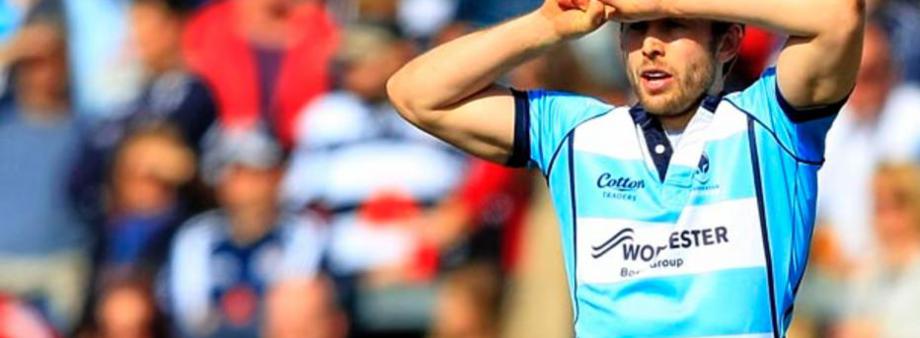
Squash
Squash
is has very unusual effect on blood glucose in T1DM. Whereas you might
expect blood glucose to fall during any exercise, the effects of blood
glucose during and following a squash match are very variable. The
changes seen in blood glucose with exercise depend upon the balance
between glucose production by the liver and it’s use by the muscles. In
squash, there are some important issues to be considered. Squash is a
series of very short changes in body position, and the movement has a
predominance of upper limb movements. The energy expenditure is
therefore relatively low, and thus the use of glucose is also low when
compared with the continuous effort of running or cycling. At the same
time, the adrenaline response to squash is much greater than for other
sports. Therefore glucose production from the liver is relatively
higher, and use lower than other sports, and the blood glucose may rise
during the game, and will rise after finishing. There is much less
potential for later nocturnal hypoglycemia as well.
Therefore
there is little need to either take extra food before the game or to
take glucose during the game. The is also little need to reduce insulin
before the game unless you see a fall in glucose during the mach.
Rising blood glucose may be a significant problem after the game, and
it may be necessary to take a small insulin dose without food to
control this.
Squash
By Jane Cahill
I run, swim, play tennis, the odd aerobic class but squash is the one sport I have difficulty in running a satisfactory BG. To recap I take 18 units of glargine at 11pm. Most mornings I generally run 3 miles so don't eat breakfast or inject until 10 am or leave it until lunch. This morning at 8am my BG was 4.6, I ran for 30 mins and did an hour exercise class. My sugar was 3.5 before lunch.
I run, swim, play tennis, the odd aerobic class but squash is the one sport I have difficulty in running a satisfactory BG. To recap I take 18 units of glargine at 11pm. Most mornings I generally run 3 miles so don't eat breakfast or inject until 10 am or leave it until lunch. This morning at 8am my BG was 4.6, I ran for 30 mins and did an hour exercise class. My sugar was 3.5 before lunch.
Squash is always difficult and sugars depends on the time I play and the type of game.I played three times last week and kept a note of pre and post sugars.I don't normally bother and accept that good sugar doesn't follow with this sport for me and adjust when necessary (which I usually have to do). I played a friendly match at 10 am on Tues, pre sugar was 9.2. I'd run 4-5 miles at 8.30 am and had breakfast of porridge and 5 units of lispro. Post match my sugar was 9.8.
The next day ( Wed) I had a team match at 9pm, sugar was 11.1 prior to game and 15.0 post. The game was quite easy. I had 7 units of lispro to cover dinner at 10pm and sugar was 2.3 next morning. That Thurs I had a squash fitness session at 10.00am until 11.30 and was sent off for coke and spent most of the day struggling around the 3 mark. This is unusual but not untypical.

